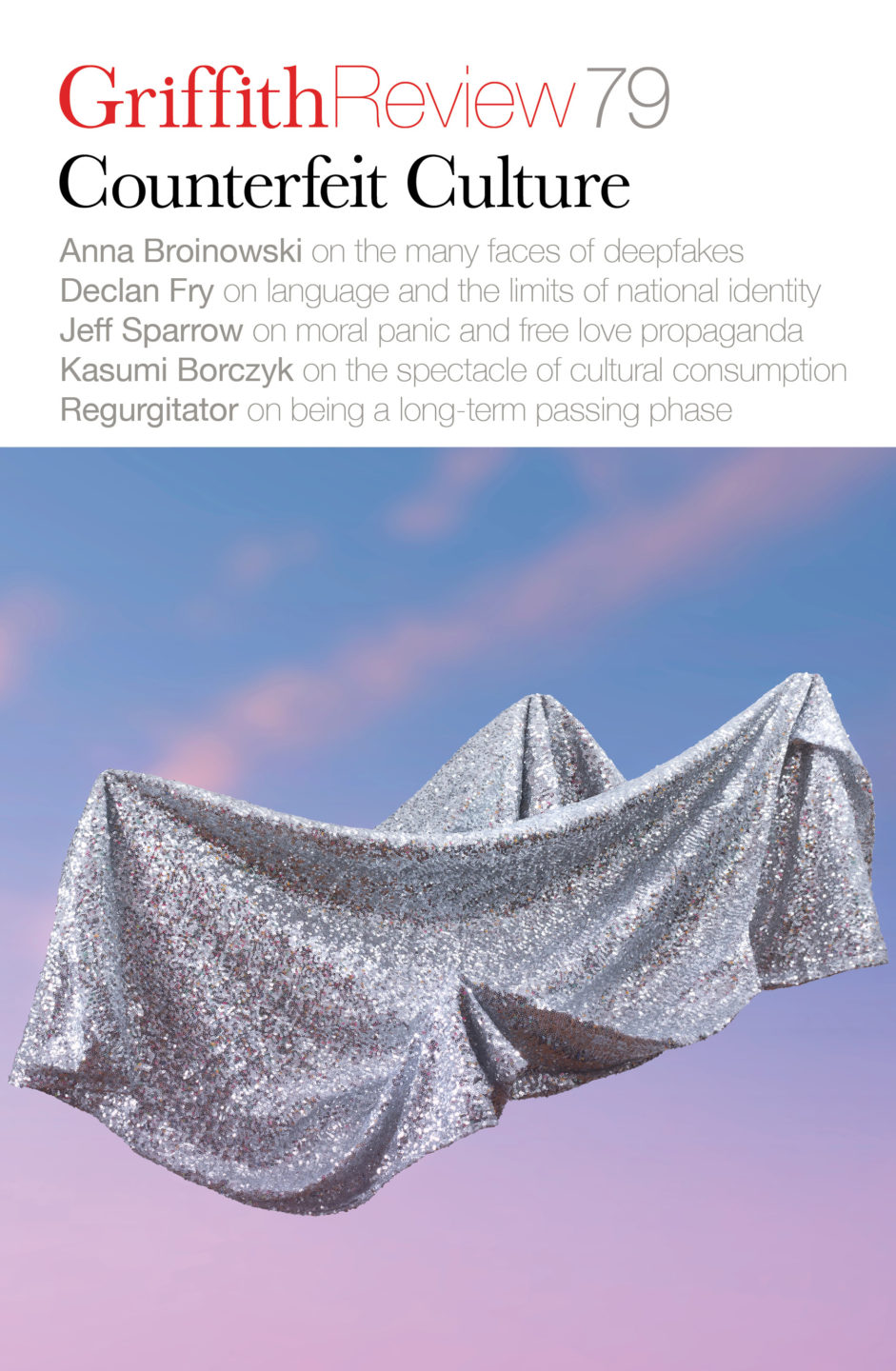Featured in

- Published 20230207
- ISBN: 978-1-922212-80-1
- Extent: 264pp
- Paperback (234 x 153mm), eBook


Already a subscriber? Sign in here
If you are an educator or student wishing to access content for study purposes please contact us at griffithreview@griffith.edu.au
Share article
More from author

The Gordon cult
Non-fictionFrom a modern perspective Gordon makes an odd choice for a national poet, since he wrote only rarely about the country that embraced him. He set many of his popular verses in England and studded the others with the classical references familiar to an English gentleman. Yet before the passage of the 1931 Statute of Westminster – or, more exactly, until similar laws passed through the Australian Parliament in 1942 – Britain retained the legal right to determine foreign relations for the Australian Commonwealth. Accordingly, prior, during and for some time after the Great War, respectable Australian nationalism generally manifested as Empire patriotism.
More from this edition

A passing phase
In ConversationI went to Tim’s Guitars years ago and I saw Grant Hart from Hüsker Dü do a solo thing and he had a Q&A after the solo. And some guy went, ‘How often do you practise guitar?’ And then Grant Hart said, ‘I never practise guitar, practising guitar gets in the way of my personality.’ And I was like, ‘Oh wow, that’s actually really true.’

The Wrestling of Art
PoetryWe’re tired of the caged horizon, the canned emotion. But the spectacle of the crimson world is a real slobber-knocker of a struggle.

The future is hackable
Non-fictionDeepfakes point to a future that is simultaneously euphoric and apocalyptic: philosophers have positioned them as ‘an epistemic threat to democracy’, journalists have called them ‘the place where truth goes to die’, futurists have portrayed them as the digital harbinger of a mass ‘reality apathy’ in which even video will be a lie.